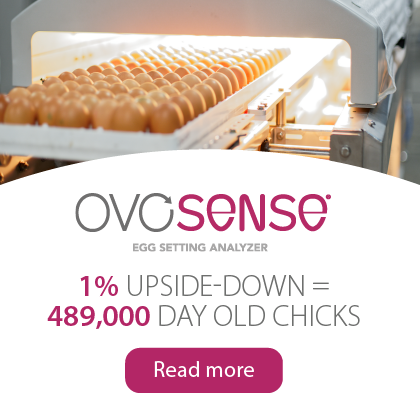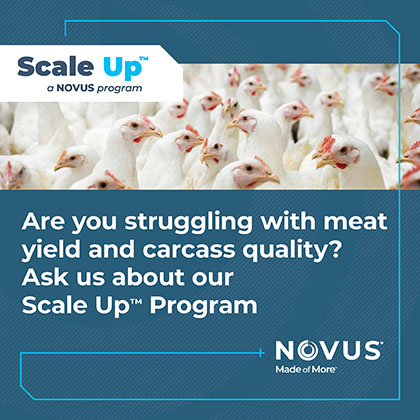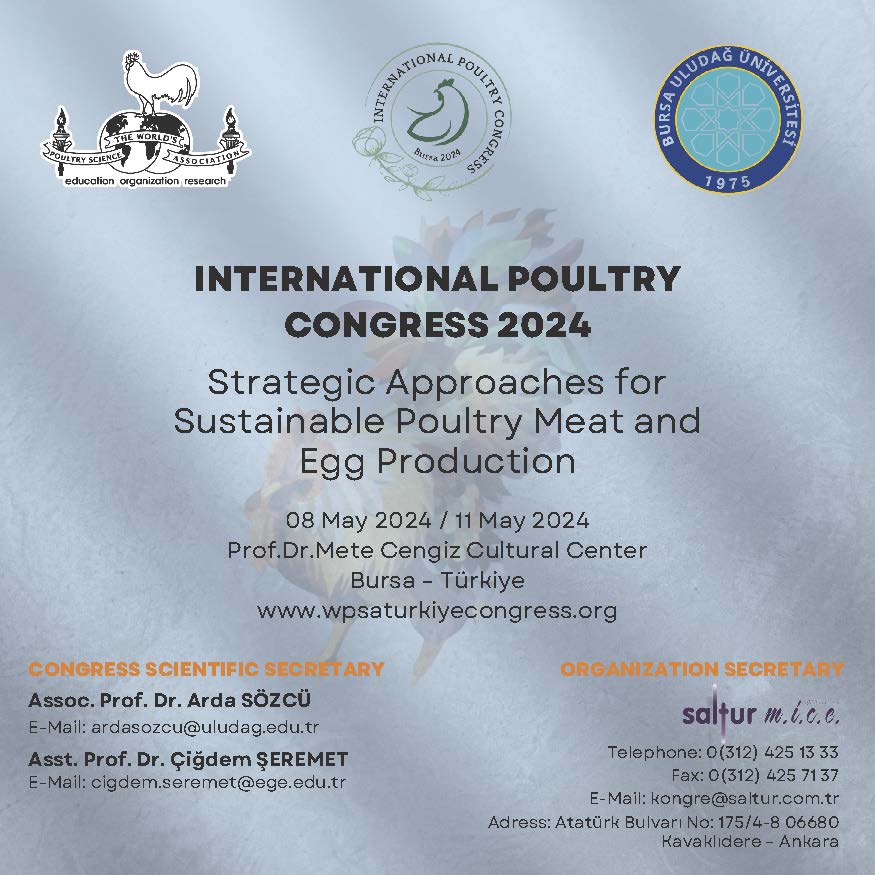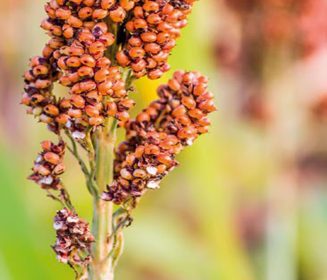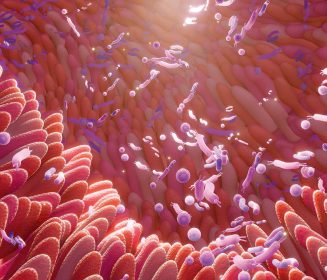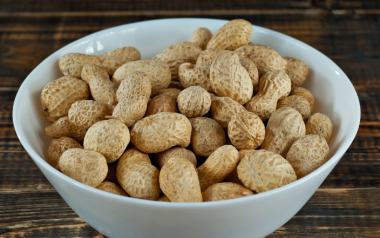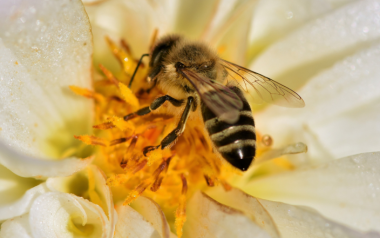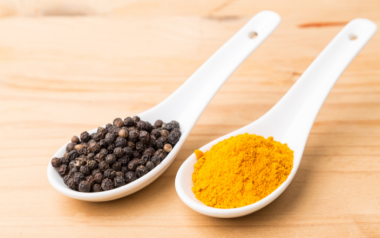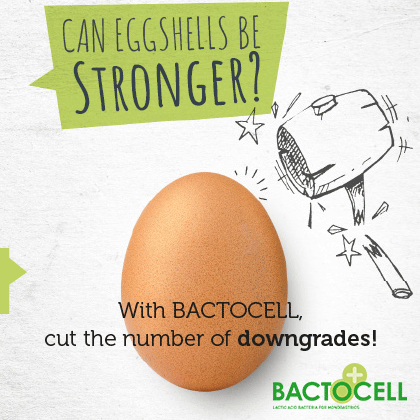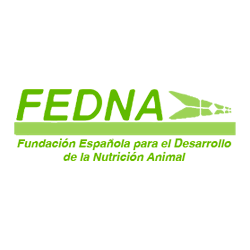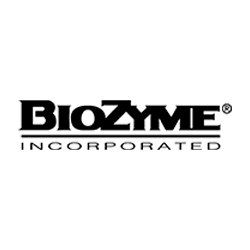The processes that occur during the perinatal period, just before hatching, and during the first days of life will greatly impact the growth of the chicken throughout its life.
Importance of feeding: During the perinatal stage of the chick
Currently, broilers reach slaughter weight earlier than until a few years ago, with the incubation period plus the first week of life representing a large part of their entire lives. Hence, nutrition during the perinatal period is important.
Currently, broilers reach slaughter weight earlier than until a few years ago, with the incubation period plus the first week of life representing a large part of their entire lives. Hence, nutrition during the perinatal period is important.
High growth rates
Today's high growth rates (> 70 g / day on average) need a reevaluation of nutrient inputs during the perinatal period.
Each additional gram of weight by 7 days of age means 5 g of extra body weight by day 49 —Leeson & Summers, 2001. Therefore, a delay in feeding in the first days of life will reduce the final bodyweight.
The perinatal period is critical for intestinal development. The earlier this development is complete, the more quickly the chick can utilize the nutrients in the diet, thus reaching its potential for genetic growth while establishing a strong immune system.
Feeding strategies during the perinatal period
- Feeding the embryo (in-ovo inoculation)
- Feeding in the incubator immediately after hatching
- Feed during transport to the farm
- Balanced feed for the first days on the farm
Feeding in-ovo
Today, there is a method for feeding the embryo by inoculating nutrients into the amniotic fluid of the egg in the last phase of embryonic development. In countries like the United States or Brazil, which are large producers of chicken meat, this is a growing practice.
Inoculation of nutrients into the egg
At the time of inoculation of nutrients in the egg, the future chick has begun to ingest amniotic fluid. The nutrients inoculated in that fluid will reach the embryonic intestine without any problem.
In the Figure, the in-ovo feeding method is graphically shown.
Through this methodology, several nutritional supplements can be included.
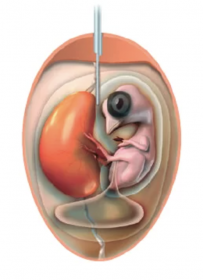
In-ovo feeding with amino acids
Shafey et al. (2014) inoculated a mixture of lysine, arginine, glutamine, glycine, and proline in eggs with 15 days of incubation. They observed a significant increase in the weight of the embryo concerning the total egg weight compared to the control group. Also, they reported significant improvements in the productive performance of the chickens during the first three weeks of life.
Similarly, Coşkun et al. (2014) demonstrated the positive effect of the inoculation of DL-methionine in the amniotic fluid at 16 days of incubation, observing a higher relative weight of the chick concerning the total weight of the egg (72.7%) in the inoculated group, compared to the control group (70.0%).
In this interesting article, you will be able to update yourself on the various methods of in ovo feeding and its implication on the development of the embryo. Thus, it is approached: In ovo feeding with amino acids; In ovo feeding with sugars; In ovo feeding with vitamins. Likewise, it delves into the inoculation of probiotics in fertile eggs, which has become a widespread practice in countries where in-ovo feeding is implemented.
To read the original and complete article in Spanish you can click here

